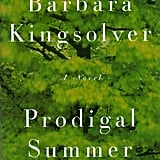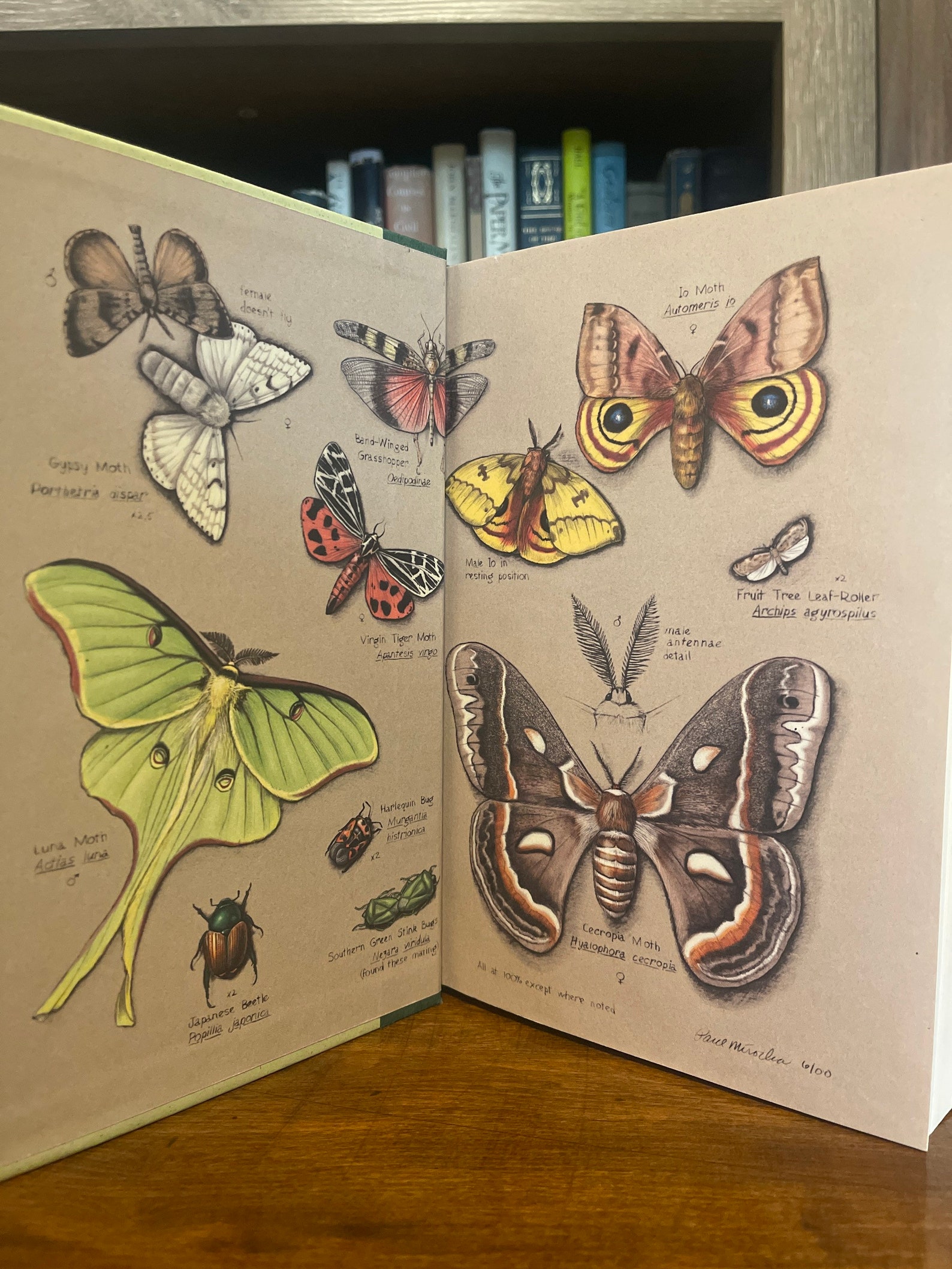

Her physicality defines her character, superbly written to the same pattern as the lives of the coyotes she’s protecting Deanna is the lone wolf in the novel, because she acts and lives alone, and guards her own territory instinctively. Trouble is, he and Deanna can hardly keep their hands off each other, and when they’re not in bed, or in a hollow log, or on her cabin floor, her work is cut out educating him in her view of ecology, as well as the daily work of being a ranger. Then one day she meets Eddie Bondo on the trail, a hunter from Wyoming who’s after coyotes. She thinks that a family of coyotes has arrived on the mountain and is breeding, and she can hardly bear to leave their den alone, but she knows that local farmers shoot coyotes, and if she lets anyone know the family’s whereabouts, they’re doomed. Her passion is coyotes, and the importance of predators in the ecosystem, because without predators, the population explosion of animals lower down the chain will ruin their own ecosystems and cause a lot of trouble for everyone, animal and human. Then we have Deanna, a local girl turned forest ranger, who lives in a cabin on Zebulon mountainside keeping an eye on the local animal and bird populations, and clearing the trails when the trees fall down. Her journey of learning and integration is a triumphant biology lesson, and is a joy to read.

This family brings a lot of baggage with it, but one or two of them like Lusa, and she likes them. She spends the novel learning how to make the best of the family farm, and how to handle the extended family that she inherits with the land and the farmhouse. Everyone except Lusa knows that bugs are for squashing, so Lusa’s interests don’t seem to work well with farming. Lusa arrives in this world of long-established families and rigid traditions as the new wife of a young farmer, with her foreign Polish-Jewish-Palestinian background and her fancy scientific knowledge about bugs.

Everything else in modern farming is a gamble, and farming is a hand to mouth business. We’ll start with Lusa: she lives on a farm where tobacco is the only crop that will grow reliably and store without rotting while waiting for the market’s best prices. It’s about the lives of four people living all quite near each other, in a small Virginia mountain valley and on the mountain itself.

On a more recent rereading, I couldn’t even stop to make lunch until I reached the end. This novel is so intensely involving that, the first time I read it, I was up until 3am, sitting in the courtyard of a Spanish holiday cottage, desperately trying to finish the novel before I got eaten alive by night insects. This time on the Really Like This Book’s podcast scripts catch-up, I’m in very rural modern America, enjoying Barbara Kingsolver’s Prodigal Summer, where women are coyotes caring for their young, and a widowed scientist finds a new way to keep the family farm running.


 0 kommentar(er)
0 kommentar(er)
